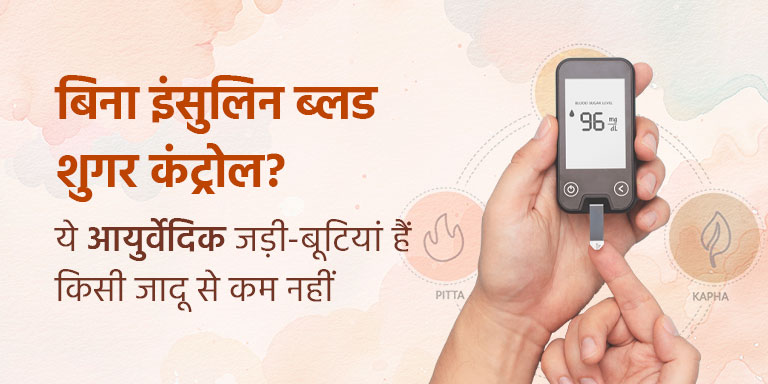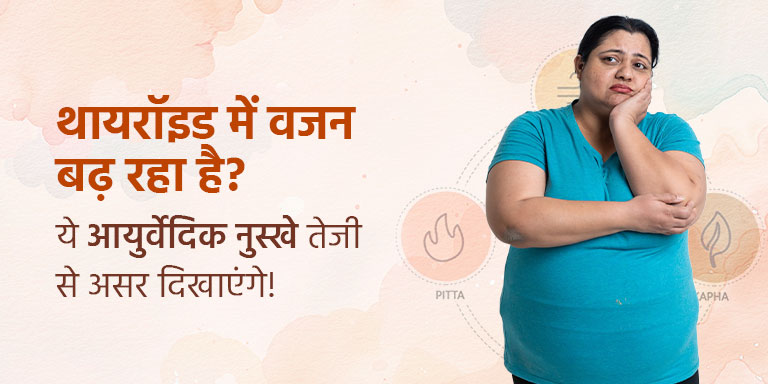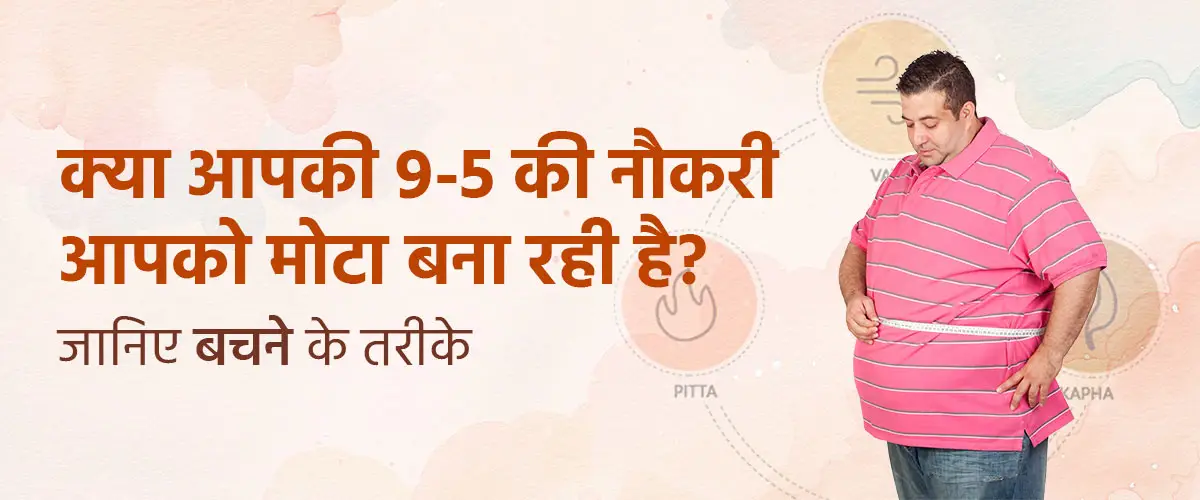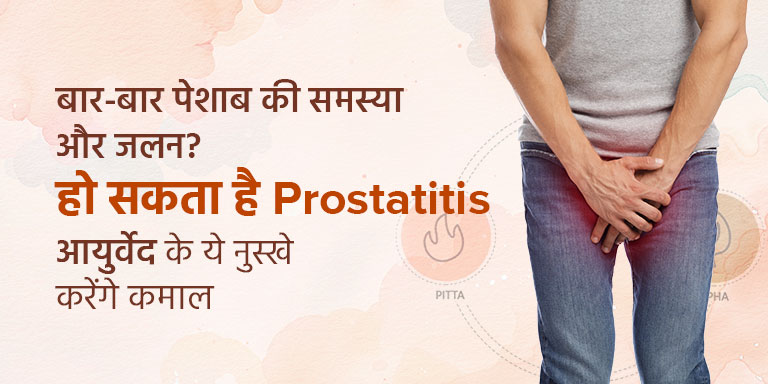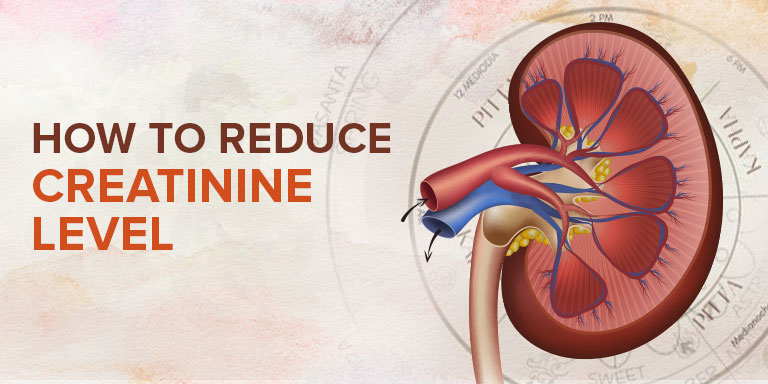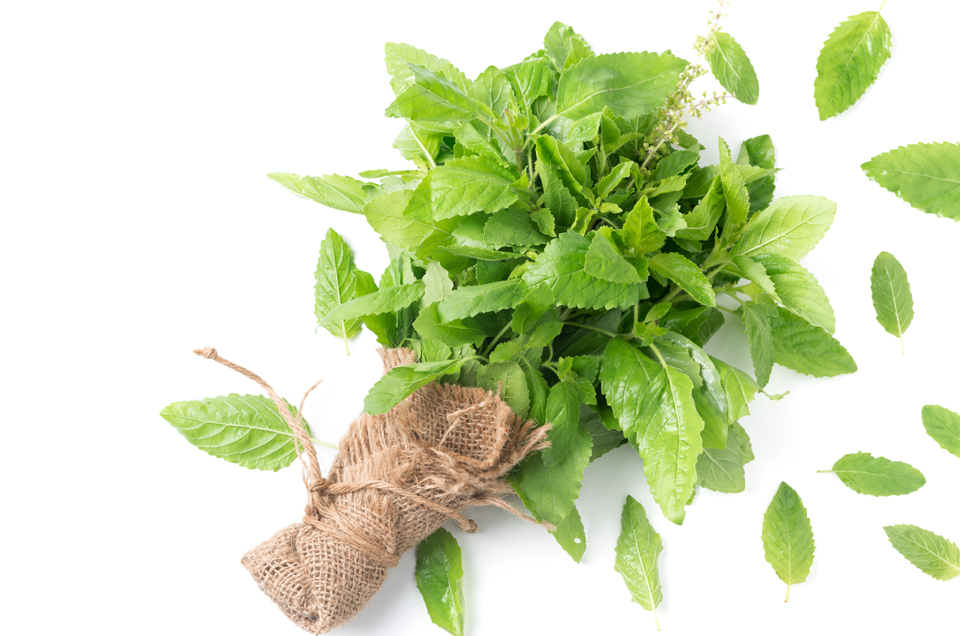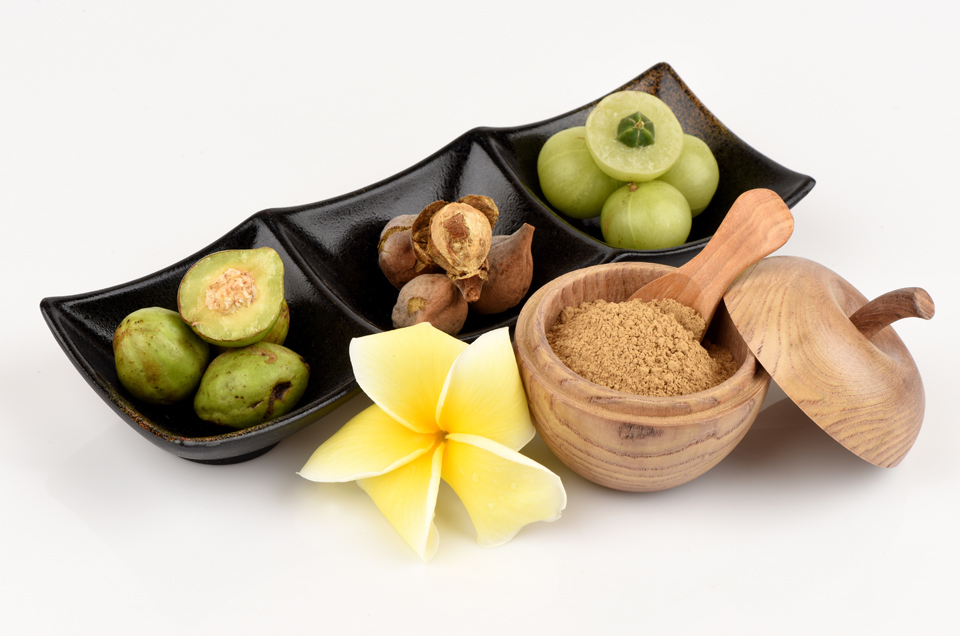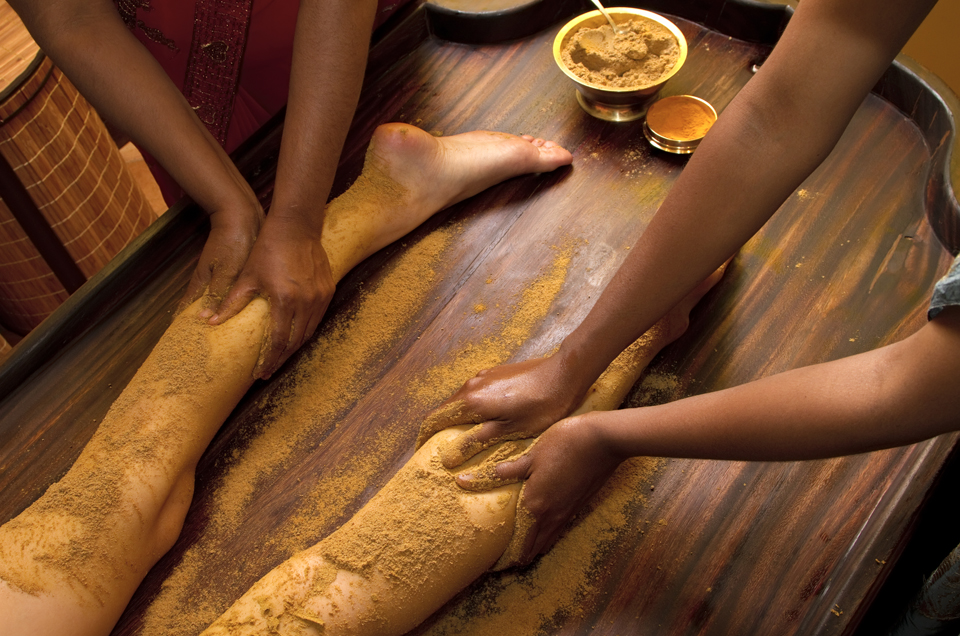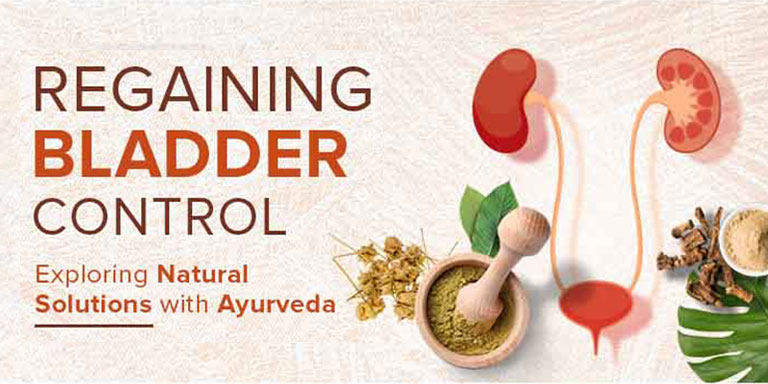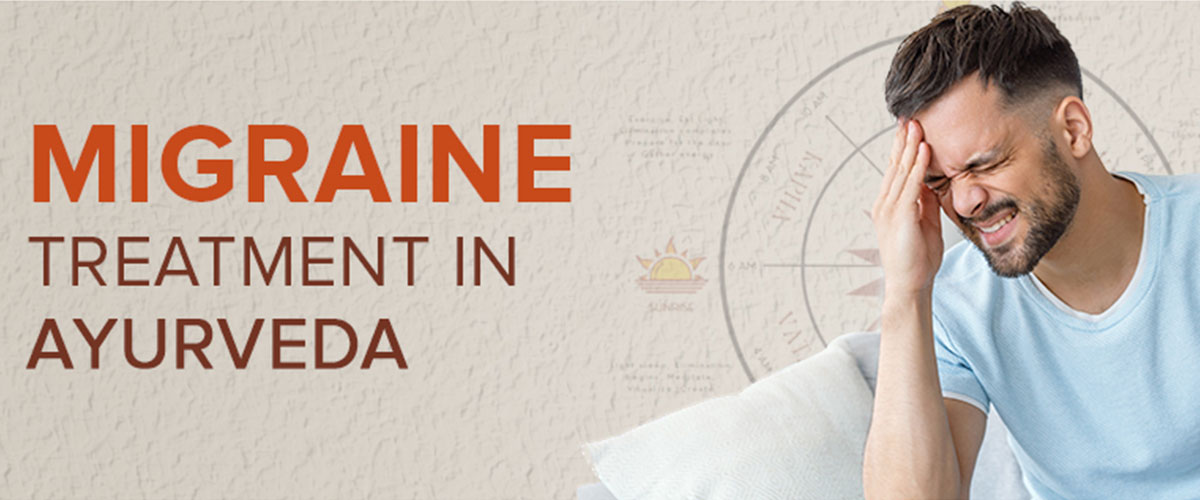 How To Detect Migraine?
How To Detect Migraine?
Migraines typically involve a combination of the following symptoms:
- Pulsating/throbbing pain
- Moderate to severe intensity
- Often on one side of the head but can occur bilaterally
- Worsened by physical activity
Associated Symptoms:
- Nausea and vomiting
- Photophobia (sensitivity to light)
- Phonophobia (sensitivity to sound)
- Osmophobia (sensitivity to smells)
- Aura (visual disturbances like seeing zigzag lines or flashing lights; tingling in arm/face/hand, etc.)
Migraine Through the Ayurvedic Lens
According to Ayurveda, migraines result from an imbalance in the three main doshas or energies: Vata, Pitta, and Kapha. This imbalance is often worsened by personal lifestyle and diet choices, external environment, and natural traits of an individual’s body that can manifest themselves as migraines.
- Vata-dominant migraine: It is characterized by an acute pain that comes suddenly, while feelings of anxiousness and restlessness might also occur along with it.
- Pitta-dominant migraine: Commonly involves pounding headaches associated with redness, swelling, burning sensations in the eye, irritation, and feverishness.
- Kapha-dominant migraine: It manifests as a heavy headache with a feeling of congestion and fullness upon it.
Migraine Treatment In Ayurveda
Ayurvedic treatment requires balancing the doshas while determining the individual cause of migraine at the root level as well as controlling its symptoms. Authentic Ayurvedic treatment includes changes in lifestyle, modification of diet, special therapies as well as herbal remedies.
Modifications in Lifestyle
Sleep: Restful sleep cures many neurological diseases, without a doubt! Develop a regular sleeping schedule so that everything happening around you at bedtime supports sleep. This schedule can be easily followed by listening to relaxing and deep sleep sounds, among other calming bedtime activities.
Stress Management: Migraines require stress management, according to Ayurveda. Yoga, meditation, and slow breathing are some ways of dealing with migraine linked to stress.
Regular Exercise: A suitable amount of physical activity is important for achieving balanced doshas. Gentle exercises like walking, swimming, and tai chi are often recommended in Ayurveda to stay healthy. But! Don’t overexert yourself.
Diet Changes
The importance of food in an Ayurvedic treatment can’t be ignored. Choose fresh and seasonal foods that are easily digestible. Patients with vata type of migraines should not eat dry, cold, & light foods, while those with pitta type should avoid eating spicy, sour & fermented foods. On the other hand, Kapha-dominant individuals must not take heavy, oily & sweet foodstuffs.
Herbal Remedies
Ayurveda has a wide range of herbal remedies against migraines that work by balancing the doshas, relieving inflammation, and soothing the nerves. The following are some herbs commonly used:
Brahmi (Bacopa monnieri): This herb has got calming properties and cognitive enhancements properties and it also helps in balancing Vata and Pitta dosha at the same time.
Ashwagandha (Withania somnifera): This well-known adaptogen lowers stress levels, reduces inflammation, and promotes good health overall.
Shankhpushpi (Convolvulus pluricaulis): Shankhpushpi is an analgesic that relieves migraine pain by reducing inflammation.
Jatamansi (Nardostachys jatamansi): Jatamansi has got sedative effects besides being an analgesic, making it a useful way to calm the mind and decrease headache intensity.
Panchakarma: Ayurvedic Detoxification
When dealing with chronic migraines, Panchakarma's comprehensive detoxification process can be highly effective at bringing the headache under control or eliminating it altogether; this involves several procedures aimed at removing toxins from the body while restoring equilibrium. Some of the core Panchakarma therapies involve:
- Shirodhara: Warm medicated oil is allowed to flow gently on the forehead to promote relaxation as well as reduce headache intensity.
- Nasya: Medicated oil is poured through the nasal passage to help clear mucus, improve blood circulation around the head, and ease migraines.
- Vamana (Therapeutic Vomiting): This procedure helps remove excessive Kapha from the body, but only under strict medical supervision should it be carried out.
- Virechan (Therapeutic Purgation): This therapy eliminates the excess pitta and cleanses the digestive tract.
Get The Right Treatment
The Ayurvedic provider will give individualized recommendations on diet and lifestyle based on a person’s unique constitution (Prakriti) as well as the root cause of their headache. Ultimately, Ayurveda’s holistic approach addresses the underlying problem leading to permanent wellness.
Even though acute migraine attacks can be effectively treated with Ayurveda, it also stresses the importance of prevention. Regular lifestyle changes, managing stress, and different Ayurvedic therapies can help reduce the severity and frequency of migraines.
Combining conventional medical advice with Ayurvedic guidelines can also be effective in preventing migraine attacks. Nevertheless, for that, you should have an experienced Ayurvedacharya who will help in developing a personalized and effective treatment plan. At Jiva Ayurveda, we offer customized Ayurvedic treatment plans for every individual that focus on the root cause of your illness instead of just reducing its symptoms.
FREQUENTLY ASKED QUESTIONS
Can Ayurveda help prevent migraines?
The Migraine treatment in Ayurveda emphasizes lifestyle modifications, stress management, and dietary changes. Regular Ayurvedic treatments can also strengthen the body's resistance to migraine triggers.
During a migraine attack, are there any specific foods to avoid?
However, Ayurvedic recommendations differ according to the predominant dosha involved. But, if you are having an episode of migraine, consuming heavy, oily, spicy, or fermented foods should be avoided.
What is the difference between a migraine and a headache?
The typical features of a migraine, like nausea, vomiting as well as increased sensitivity to light and noise, are almost absent in headaches or are much milder than in migraines.
Can stress trigger migraines?
Stress is among the leading causes of migraine. In fact, according to Ayurveda, managing one’s stress levels plays a critical role in preventing migraines.
Are there any specific yoga poses beneficial for migraines?
Migraine symptoms can be relieved by some gentle yoga poses such as Child's pose or Forward fold or Supported bridge. Before attempting any yoga pose for migraine relief, consult with an instructor first.



